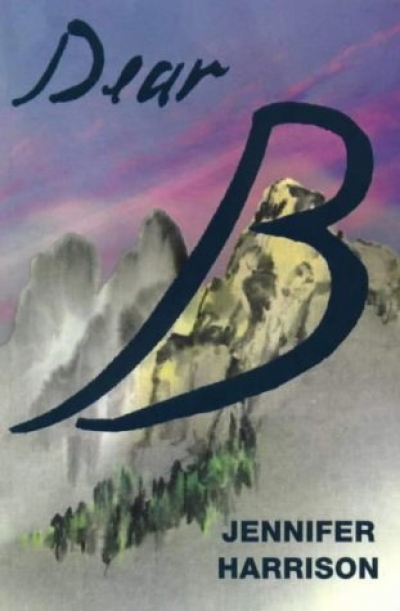Peter Rose
Sign up to From the Archive and receive a new review to your inbox every Monday. Always free to read.
Recent:
A Certain Style: Beatrice Davis: A Literary Life by Jacqueline Kent
As recently as May, Frank Kermode, writing in the London Review of Books, had the temerity to say, ‘Some writers really are better than others’. This may come as a surprise to the odd professor of English, it seems. You will recall that Raimond Gaita, our La Trobe University Essayist in the previous issue, cited one vigilant professorial leveller who, having purportedly disposed of the illusion that there are great books, was determined to expose the folly of the notion that there are good ones.
... (read more)For any editor, one of the attractions and challenges of shaping a magazine is the unexpected submission that arrives at the eleventh hour. When the author happens to be someone of the stature of Raimond Gaita, one is indeed fortunate. This month, we are pleased to be able to bring you Professor Gaita’s incisive, yet anguished, contribution to the debate about reconciliation and genocidal impulses in Australian history. His piece, entitled ‘Why the Impatience? Genocide, “Ideology” and Practical Reconciliation’, is our La Trobe University Essay for July. It takes up some of the issues raised by Inga Clendinnen in the Australian Review of Books, an essay that prompted much correspondence in the June issue of that publication.
... (read more)Now is the season of shortlisted content! In recent weeks, so many awards have been decided – or at least shortlisted – that ABR would need a supplement to list them all. Awards, everyone knows, have their limitations and anomalies, but few people would object to the highlighting of writers’ latest works or the supplementing of their often modest incomes. One first novel that has attracted notice is Arabella Edge’s The Company, based on the Wreck of the Batavia. The author is currently in Africa, picking up the Commonwealth Writers’ Prize for the best first novel in South-East Asia and the South Pacific region. The Company has also been shortlisted for the Miles Franklin Award (of which I am a judge). On her return, Ms Edge will visit Melbourne to take part in a discussion about the notorious shipwreck and the new Australian opera Batavia. Jointly sponsored by ABR, Opera Australia, and Reader’s Feast, this will take place at the Reader’s Feast Bookstore in Melbourne (see page seven for details). At this public forum, I shall also be introducing Peter Goldsworthy and Richard Mills. It is one of several literary events that ABR is planning with major organisations and institutions.
... (read more)Readers will notice major changes in this second issue of ABR for 2001. The cover looks notably different, courtesy of Chong, Text Publishing’s inimitable designer. I was delighted when Chong offered to redesign our cover. Our changed masthead seems sensible, for the magazine is known widely as ABR, after all. Readers can expect more design changes in coming issues.
... (read more)On My Empty Feet by Rhyll McMaster & The Catullan Rag by Peter Rose
How does this book fit in with your development as a poet?
I think its’s fundamentally different. The House of Vitriol (a late first book, I was thirty-five when it appeared) was largely the work of about seven or eight years, but the earliest poem in it was written when I was sixteen, so it’s a big sprawling thing covering a lot of subjects and quite a lot of techniques – some of them really inchoate. And it was an unusually long book. This new book, which was written over about three years, has a kind of unity. But I don’t approach any book of poems globally. I’m a lazy reader of poetry. I never sit down with a book and read it right through. It may take me six months to a year to get to know a book even when I’m fond of the poet. Unlike some poets who will shape a book, and have that unity in mind, I don’t. I’m not deliberately setting out to achieve a harmony between poems.
... (read more)






